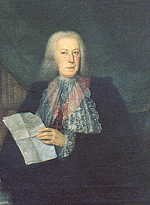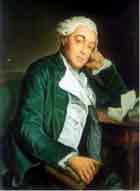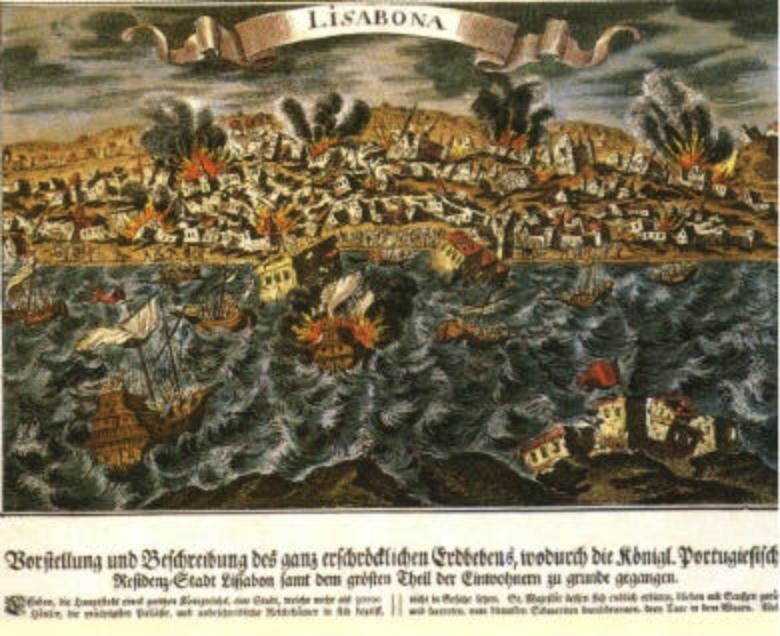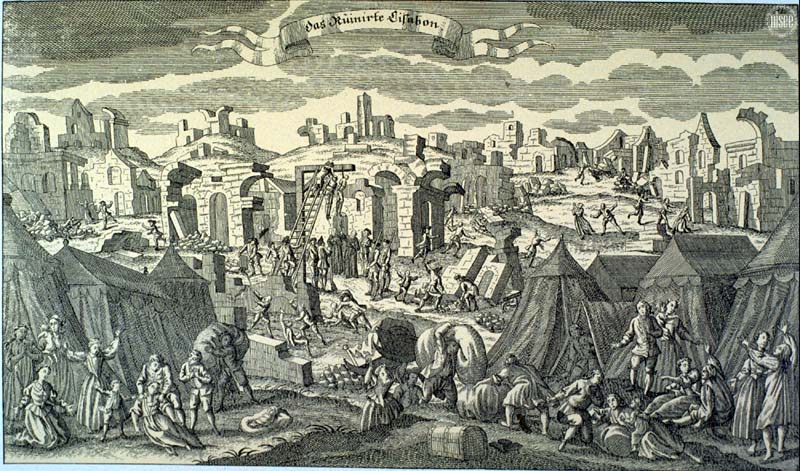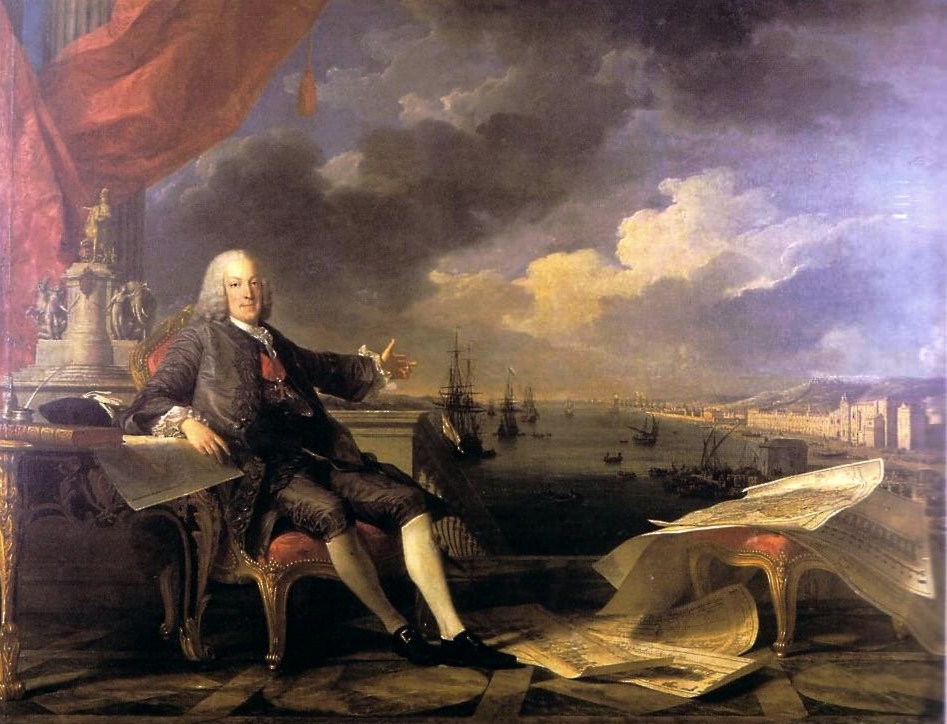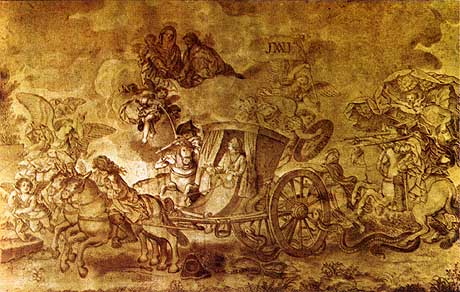Lusitania
Donor
The Portuguese Empire in the later part of the 18th century led by the Sebastião José de Carvalho e Melo or as better known the “Marquis de Pombal” began crucial start to modernize and grow during the reign of Dom José I. For all his successes the Marquis de Pombal was extremely unpopular and opposed by most of the nobles, church and many of the royal family who saw his attempts to modernize Portugal as an attack on them and their values.
So it was no accident that when Dom José I died and his daughter became queen Maria I her first act was to dismiss “Marquis de Pombal” and put him under house arrest. On the next few years she either reversed or abandoned many of his ideas and initiatives. The church’s overbearing influence returned again stiffening any hope of enlightenment and progress and many of the economic progresses were lost and Portugal again became dependent on England in fact almost an English dependency.
This unfortunately led to the continued backwardness of the country and eventually to the terrible losses in the 19th century first to Spain then Napoleonic France.
This history deals with consequences of the “Marquis de Pombal” policies and initiatives both gaining support during his tenure and Prime Minister as well as surviving his death.
I would like to thank all of the warm welcomes I have received and welcome all comments and questions. Hope you all enjoy it as much as I did writting it.
So it was no accident that when Dom José I died and his daughter became queen Maria I her first act was to dismiss “Marquis de Pombal” and put him under house arrest. On the next few years she either reversed or abandoned many of his ideas and initiatives. The church’s overbearing influence returned again stiffening any hope of enlightenment and progress and many of the economic progresses were lost and Portugal again became dependent on England in fact almost an English dependency.
This unfortunately led to the continued backwardness of the country and eventually to the terrible losses in the 19th century first to Spain then Napoleonic France.
This history deals with consequences of the “Marquis de Pombal” policies and initiatives both gaining support during his tenure and Prime Minister as well as surviving his death.
I would like to thank all of the warm welcomes I have received and welcome all comments and questions. Hope you all enjoy it as much as I did writting it.
Last edited:

